2021’s Automotive Winners And Losers
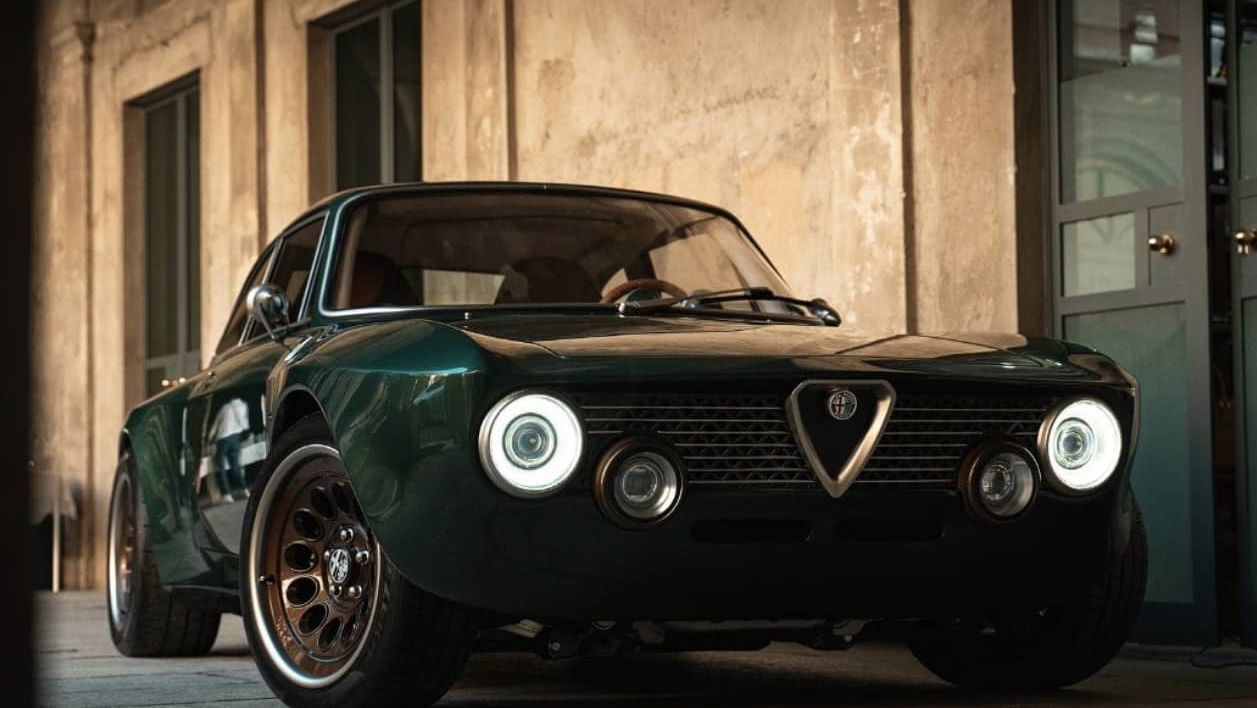
Like any other year, 2021 has had some big winners and big losers in the car world. While December in the world outside grinds to a probably-not-very-triumphant finale right across the globe, we’re going to stick firmly to four wheels and recap what we rated and hated about the year gone by.
There was plenty to choose from when making this year-end list. We looked at individuals, manufacturers, motorsports and new cars, to name a few categories in the automotive sphere. Concepts, management switcheroos; you name it, we gave it the once-over to check for any outstanding contenders. These are the nine we settled on, but try not to let any of them get to you too much…
Winners: Formula 1
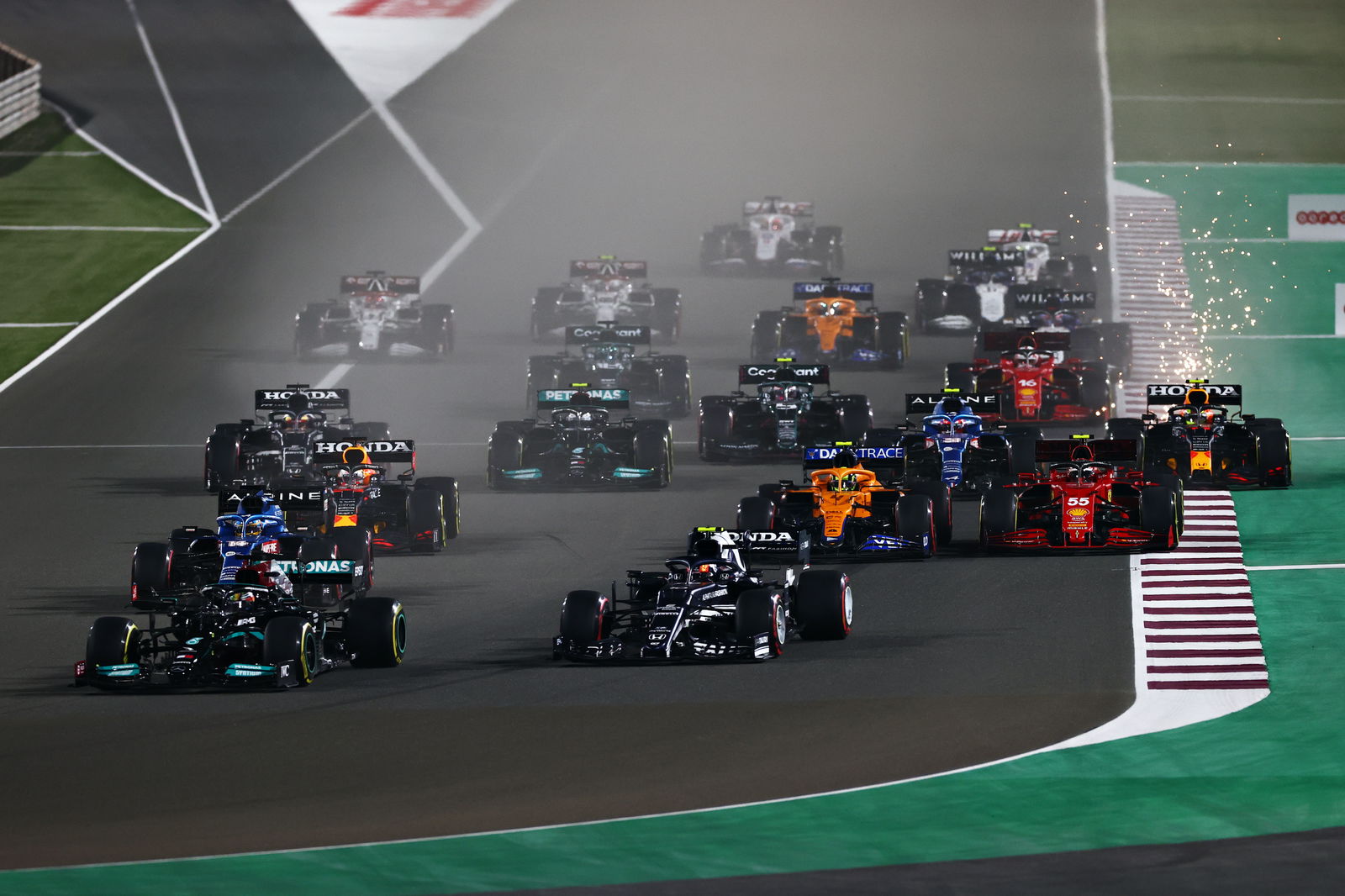
Sweet, merciful pit stops, what a season. We got to Bahrain – a virus-enforced change to the usual season-opener in Melbourne – with Mercedes looking like they were up to their DRS flaps in poop. A shocking pre-season test by their standards left them looking way behind the pace set by Red Bull and their lead driver Max Verstappen. Yet the Brackley-based team under Toto Wolff pulled a win out of the bag and let Red Bull know they were in for a fight after all.
A season of mad swings and see-saws followed, with a string of eight wins out of 11 races putting Max in the driver’s seat but for a controversial DNF at Silverstone after an incident with main rival and leader of the chasing pack Lewis Hamilton, who also happens to be a seven-time world champion and the guy Verstappen has desperately been trying to beat for years.
To end the season with three Hamilton wins putting the pair on equal points heading into the last race was spicy enough, but then a last-lap overtake for Verstappen with the live commentators shouting themselves hoarse crowned what objectively has to be a strong contender to be the most gripping season in the history of the sport. Breathless stuff.
Top Gear
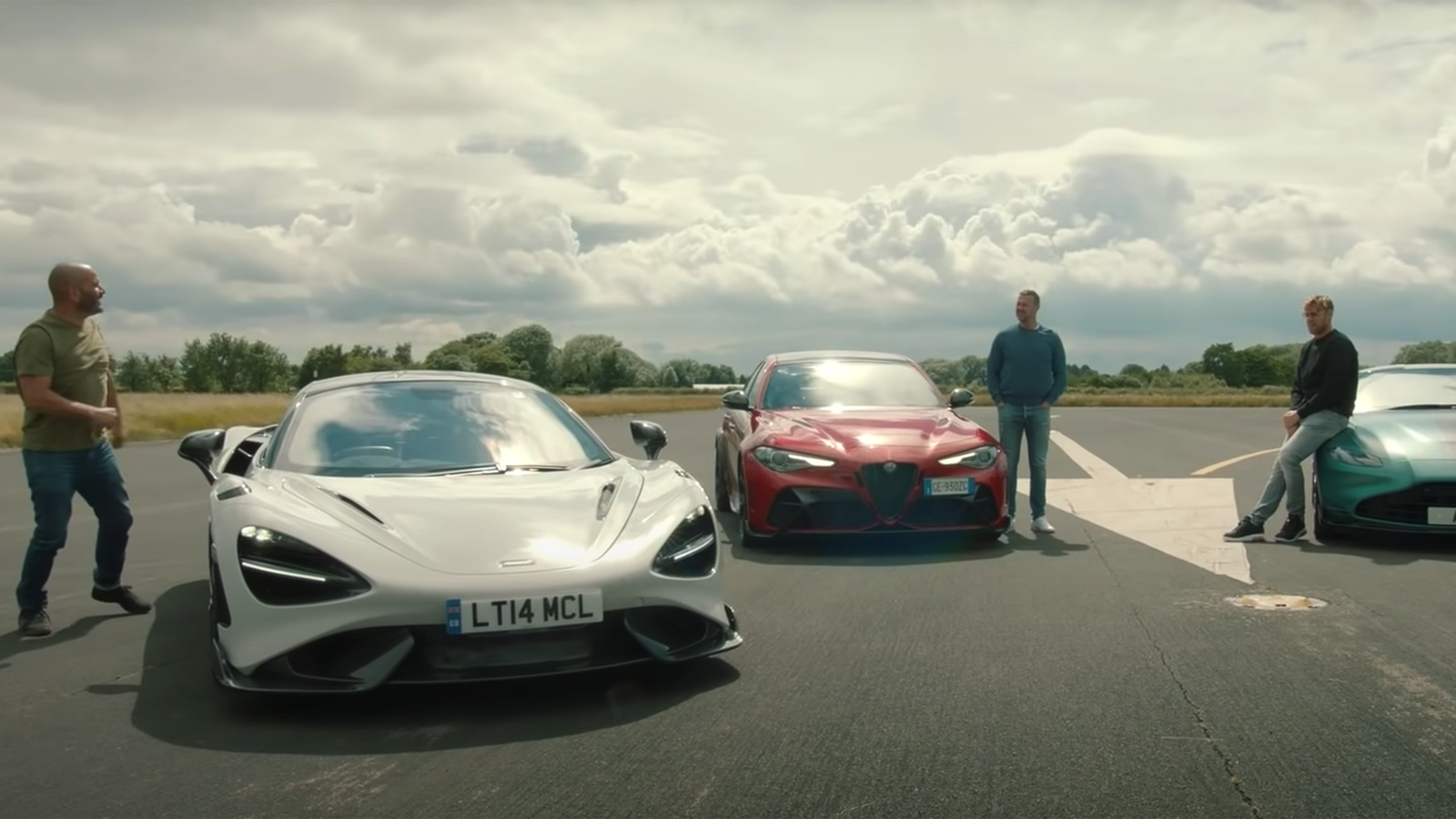
Love them or loathe them, the mismatched trio of McGuinness, Flintoff and Harris have brought good times back to Top Gear. OK, so Paddy is maybe a bit over-the-top at times, Freddie is still so wooden in the studio it’s a wonder nobody’s tried to serve lunch on him, and Chris probably hasn’t really loosened up as much as we want him to yet, but it’s a dynamic that works well enough, enough of the time.
Viewing figures have bounced back from the lows of around 1.5 million per show during the immediately post-Clarkson, Hammond and May era to about four million now. Still well shy of the show’s pre-fracas glory days, but enough to keep the Beeb bosses happy. There are signs the show is running out of ideas but we reckon that as long as the chemistry holds, so will the viewing figures. We’ll keep our eyes on both the fun-factor and the numbers next year.
Classic Toyotas
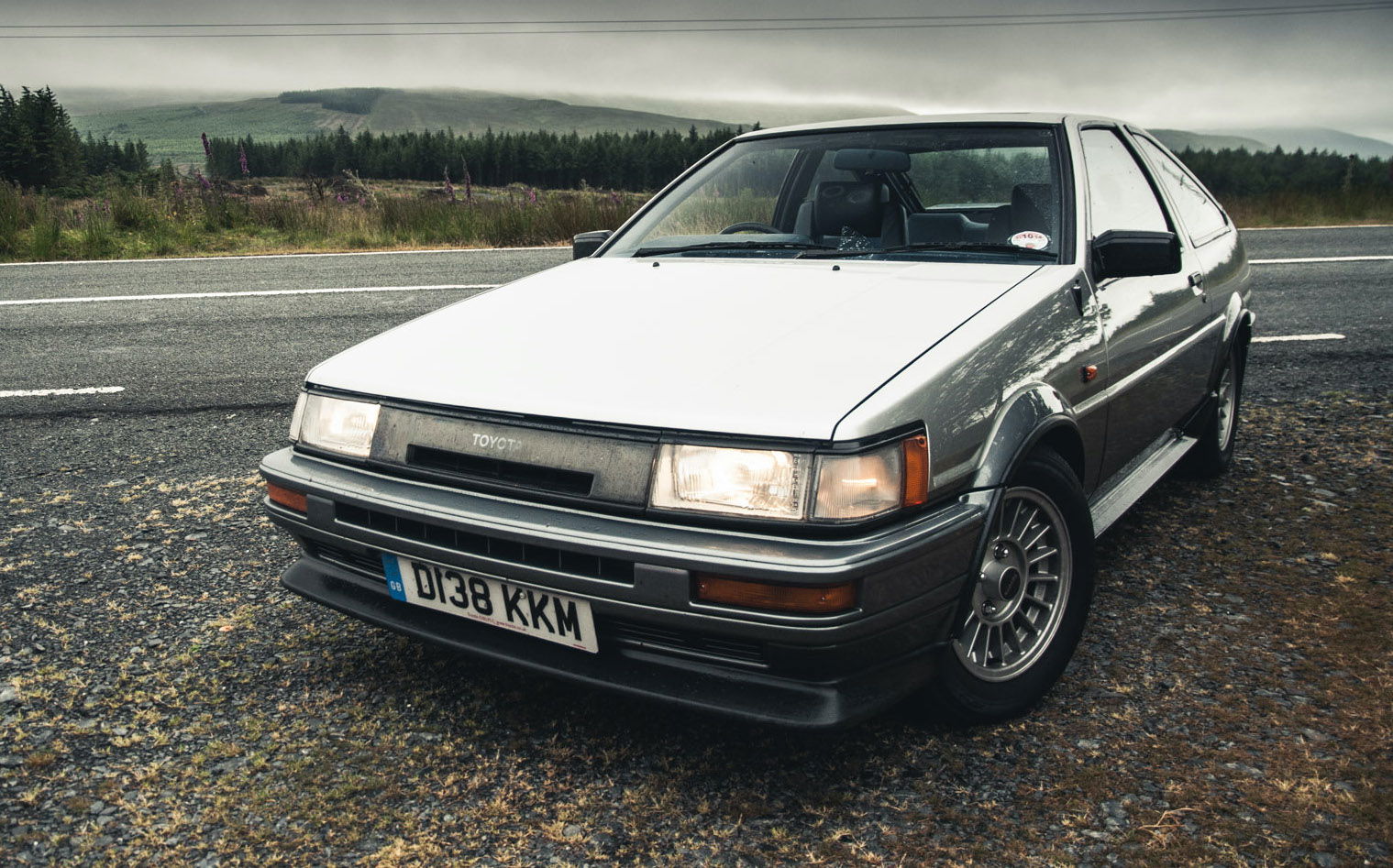
A significant win for lovers of classic JDM metal came this year in the shape of Toyota’s decision to restart production of parts for the iconic AE86. Built in two body styles as the Corolla Levin and Sprinter Trueno, the car that shot to global cult hero status (eventually) courtesy of animated film Initial D is now part of the firm’s ever-expanding GR Heritage Parts programme.
Rear brake calipers, steering knuckle arms and driveshafts can all now be bought brand new and as per original spec. As long as take-up is decent there might be more parts added to the list to help keep even more tired old AE86s on the road. Parts production for the classic two-door has been floated as a temporary thing, though, so owners will need to snap up those spares while they can, and then hope Toyota is convinced to make it permanent.
Electric cars
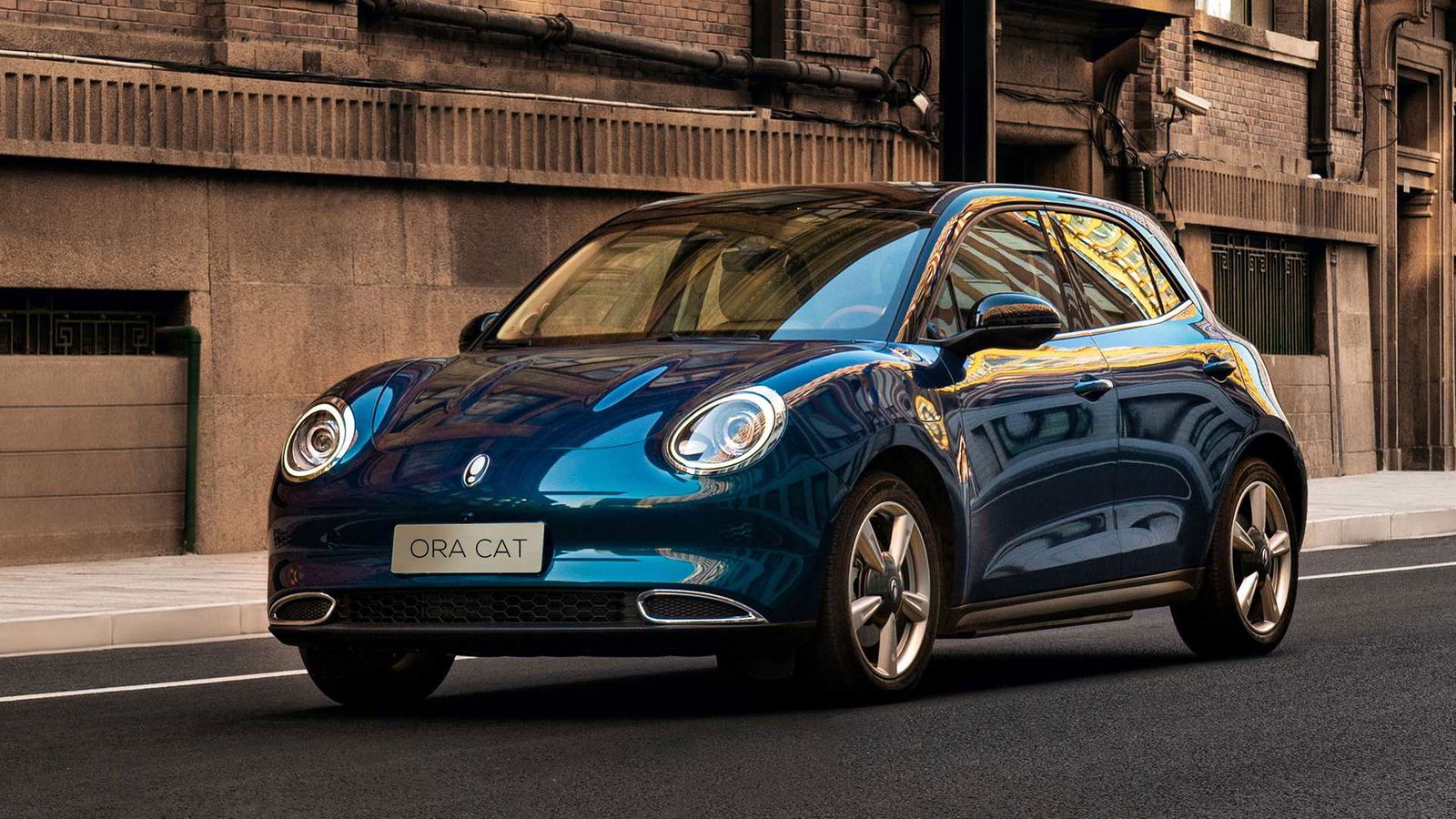
This year has definitely been a breakthrough year for BEVs. They’re dropping into the market like salt flakes onto a steak, adding more and more flavour to a market that could, if it’s not careful, end up blander than an over-boiled cauliflower. While the options are still mostly limited to SUV and crossover shapes, other options are seeping into the mix and it shouldn’t be too long before a decent driving range can be made viable in every type of car. The Ora Cat, pictured, is a cute little hatch from China.
The infrastructure is growing faster than ever and it’s so much easier now to find a charge point than it was this time last year. Oil companies have finally bought into the idea and the likes of Shell, BP and Esso are investing heavily in long rows of rapid-chargers at service stations across the land. BEVs are also still cheap to run, because we’re not yet at the point where governments are forced to raise taxes on them and/or electricity in order to make up the revenue they’ll lose from fuel duty and VAT. Enjoy it while you can; it won’t last much longer than a lease deal you take out right now.
Restomods
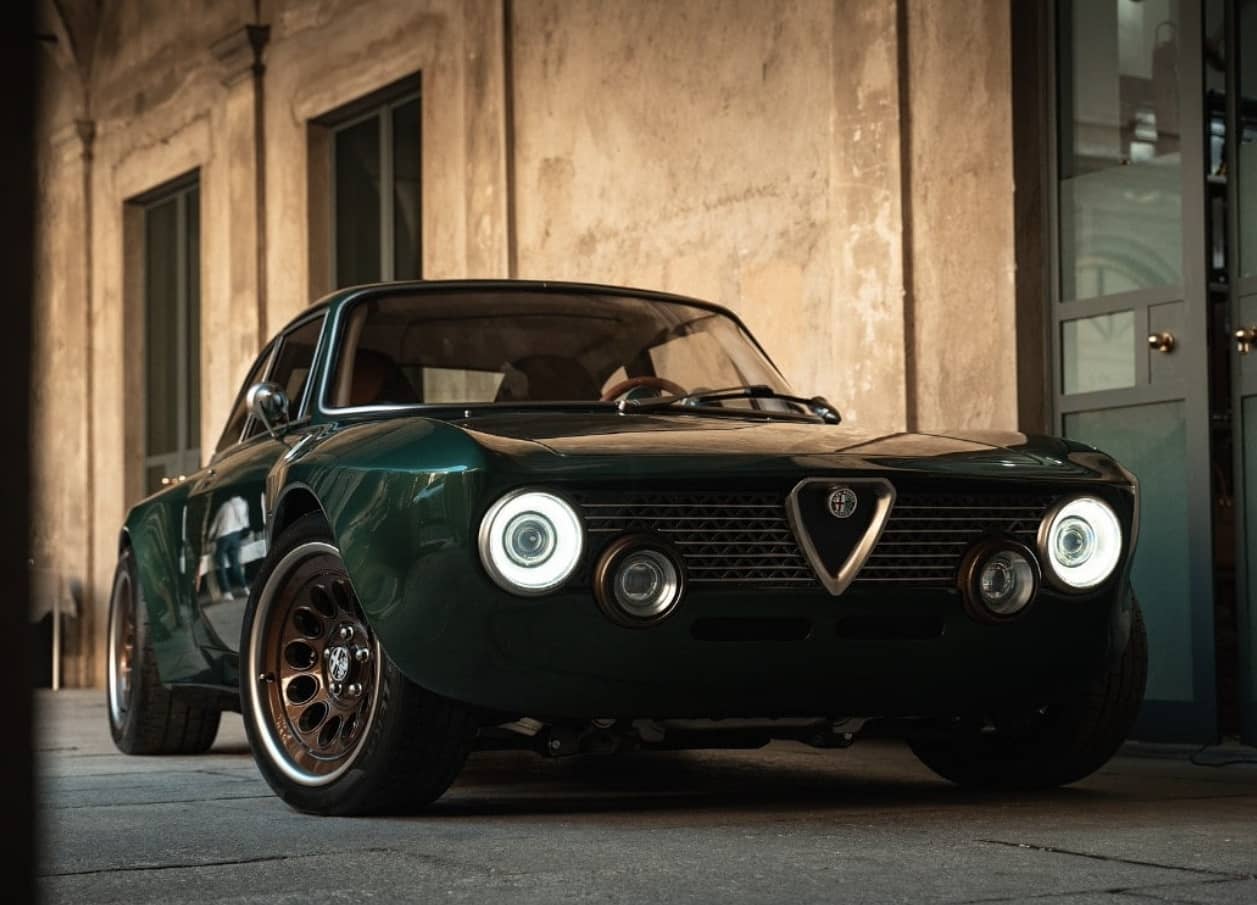
This year we’ve been letting out squeees of excitement over restomods like the Lancia Aurelia, Totem GT Super, Emilia GT Veloce and the Opel Manta GSe, to name just a few. Drop-dead stunning looks, penthouse-level quality and engines (in most cases) powerful enough to make you stand and salute, these are the type of machines we’re going to see more of as internal combustion winds down over the next 10 years.
Whether it’s the epic daily quirks of a rotary-swapped Mazda 1200 or the classic good looks but 2035-spec drivetrain of the Porsche-based Everrati Signature, this year has been an absolute banger for breathing new life into retired cars. Some of the old dogs have even learned some new tricks, like the Ferrari Testarossa with a rather fresh 9000rpm redline…
Losers: Formula 1
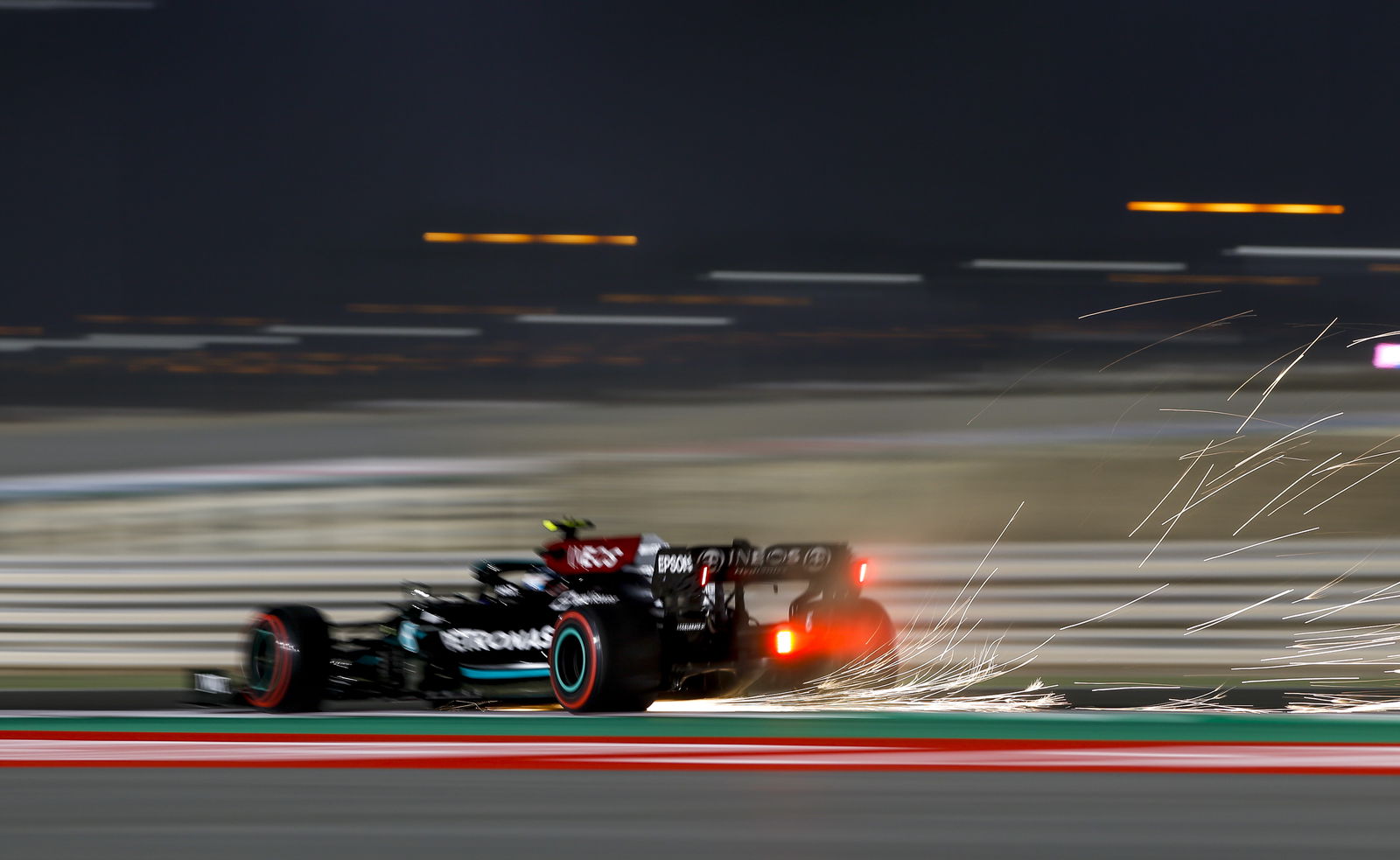
Now let’s take a stroll along a sad little cul-de-sac inhabited only by the biggest losers of the year, and right at the top is F1 again. We were gutted to learn of the sad passing of bona fide F1 legend Sir Frank Williams. Having grown into racing as a driver and mechanic, he founded a racing outfit in 1966 before leaving it to outside buyers in 1977 and quickly founded Williams Grand Prix Engineering, with a focus on F1. He masterminded six drivers’ championships, eight constructors’ championships and 114 race wins. He was officially team principal until Williams’ sale in September 2020 and will surely be missed throughout the paddock.
And then there was Abu Dhabi. What a disaster the final race of the season turned out to be. With Lewis Hamilton and his Mercedes team having done everything right to win, leading comfortably with a handful of laps to go, Latifi lost the back end of his Williams and ended up in the wall. This gentle flutter of butterfly wings caused a hurricane to rip through Mercedes, and arguably the sport itself.
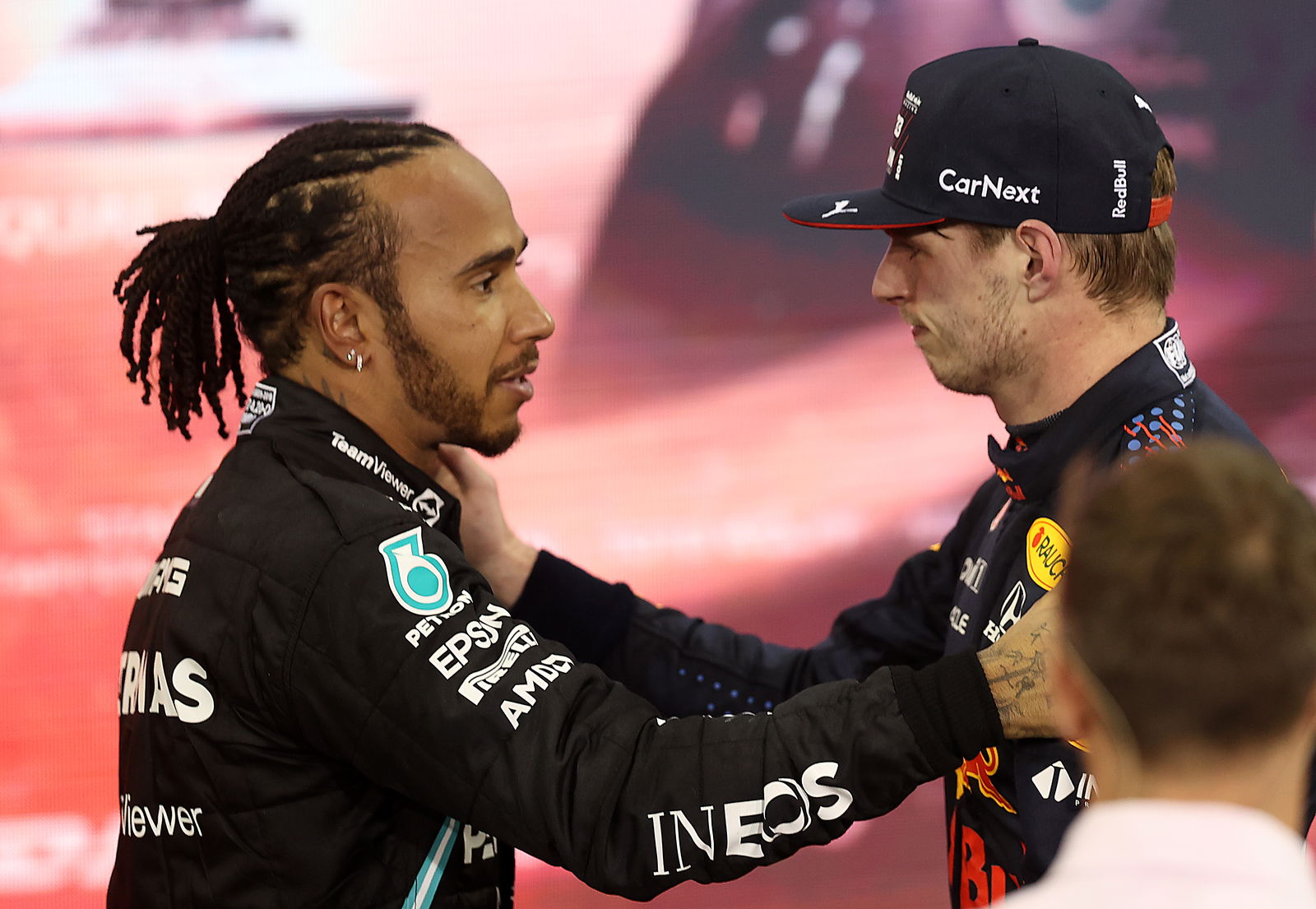
With the laps counting down and the cars queued up behind the safety car while bits of Williams were tidied away, race director Michael Masi made the call under pressure from Red Bull team principal Christian Horner to allow only the lapped cars separating Hamilton and Verstappen to unlap themselves. It was also a lap earlier than the regulations state it should have been. This very specific decision – unprecedented in modern F1 and with no solid justification issued at the time or since – turned the tables out of nowhere.
Drivers, teams and fans have all questioned it. Mercedes were understandably apoplectic and the FIA is now left looking very much like the bad guy. Telling those questioning drivers, teams and fans that they’re ‘wrong’ because of a little-known and deeply cynical catch-all loophole in the regs isn’t helping its cause. It’s no surprise that the FIA has now agreed to ‘clarify’ the rulebook to ensure it doesn’t happen again, essentially admitting its mistake without having to correct it.
Mitsubishi

What a nightmare 2021 Mitsubishi has had. Sales on the floor, outdated models pulled from various key markets, a lack of investment, unwise product development and the ongoing fallout from the enduringly bizarre Carlos Ghosn scandal have combined to crush the once-proud Mitsubishi automotive company into a tragic little cube of regret. What was once a thinking person’s brand is now, well, completely absent in a lot of places. The last dealerships in the UK closed in the autumn.
The L200 was once the dominant pick-up in the UK; it was definitively the one to have. The Colt was a reliable runabout at a sensible price. The Shogun was a well thought-out, capable and dependable off-road workhorse. Don’t even get us started on gushing about Lancer Evos. The company lost its way, caught between trying to be itself and trying to be what everyone else was, inevitably ending up much worse than either. This year has seen the company sink to what is hopefully its lowest ebb: surely the only way now is up.
Aesthetics
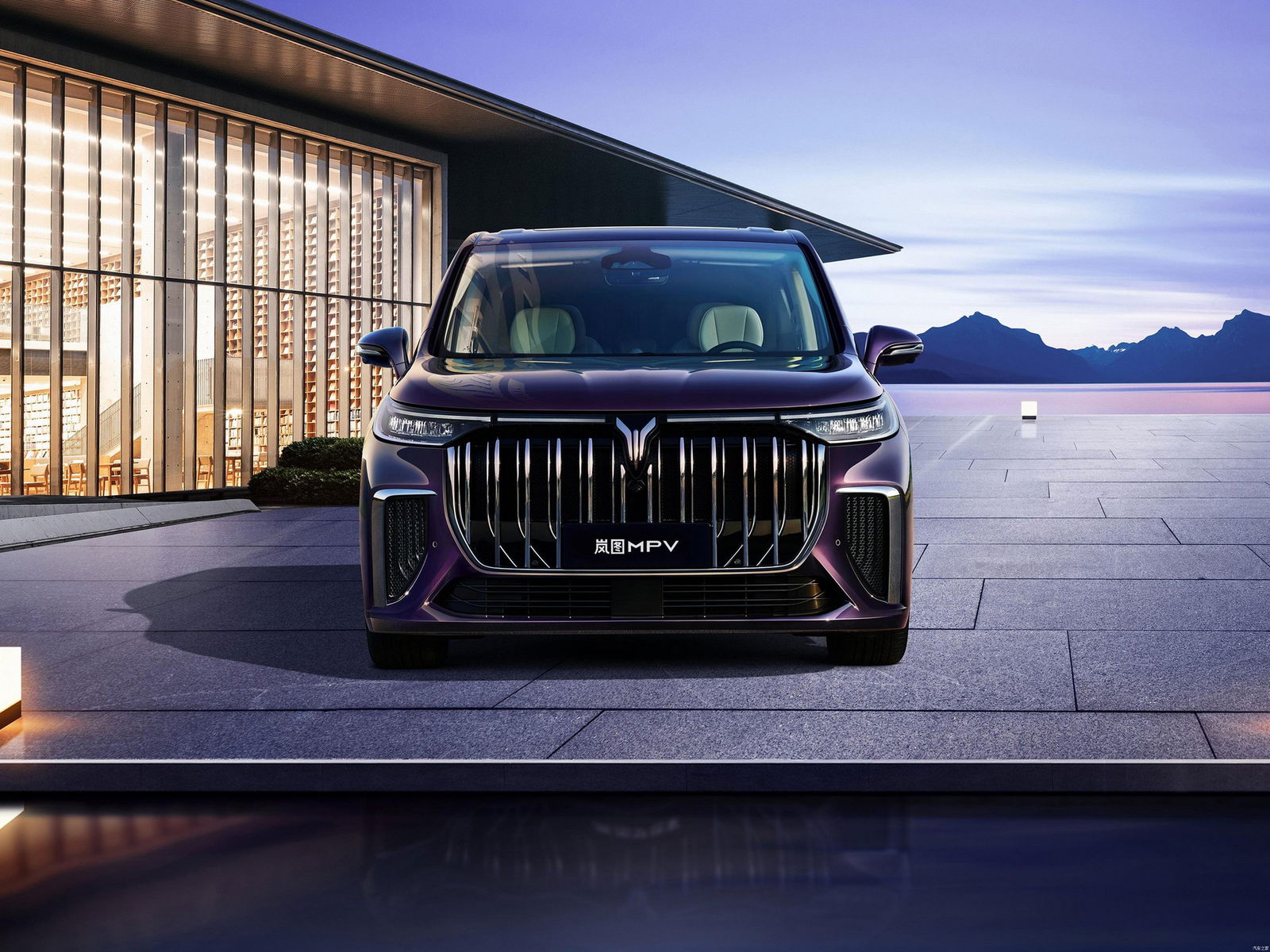
It would take a brave car enthusiast to stick their head above the parapet and say cars are getting better-looking. Aesthetics seem to be taking a kicking lately. The latest production efforts from premium brands fail to radiate the same class as they used to, while most mainstream cars of the last year send the bland-o-meter through the sunroof. There a couple of exceptions like the Hyundai Tucson, which, while it’s not very CT, is at least properly different from every one of its rivals without being too ugly.
We can’t say that for some of the concepts that have, err, graced our (web) pages this year. It seems BMW’s design strategy these days involves crashing a car-shaped clay model into flat surfaces from many, many angles and hoping for the best. Nobody’s doubting the tech or the luxury of the XM concept, but why on earth can’t they just make it un-hideous? Then there’s the China-built Voyah Dreamer, a car with a grille so grotesquely vast they’re going to need bigger billboards just to advertise it. It’s a hard pass from us, thanks.
Mercedes-AMG
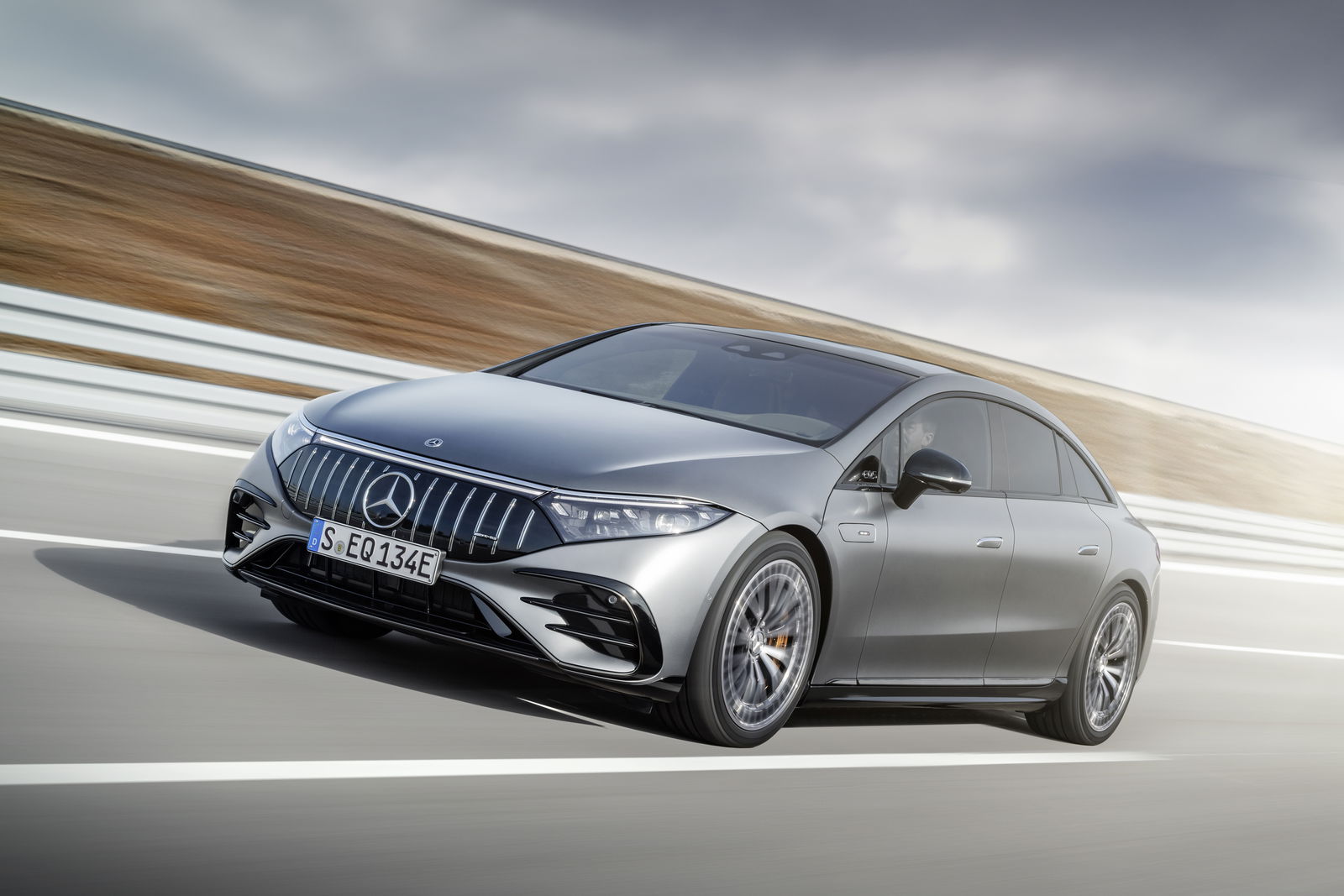
Finally, we couldn’t complete this list of the car world’s worst 2021s without turning to Mercedes-AMG. Oh, what a back-catalogue it has. Focusing solely on performance variants of Mercedes cars and being present in the boardroom from the first blank sheet of paper meant that AMG could help shape each car into something perfect for a six- or eight-cylinder engine. The results were perfect for blending the arts of wafting and drifting to the furious beat of four fist-sized drums under the rear bumper.
And then 2021 brought us the all-electric EQS 53, with its fake grille oddness, humongo-screen and 2655 of your metric kilograms. Blimey. As the other Matt put it, it’s the future of AMG whether we like it or not, but where is the character coming from? The beauty of an AMG was its authenticity but in this new incarnation you don’t even have (many) real buttons, let alone real noises to tantalise your tingly bits. AMG’s character arc this year has been so rapid and so extreme that you couldn’t even write it into a South American soap opera. If this really is what AMG has become, then its 2021 has been an absolute shocker.
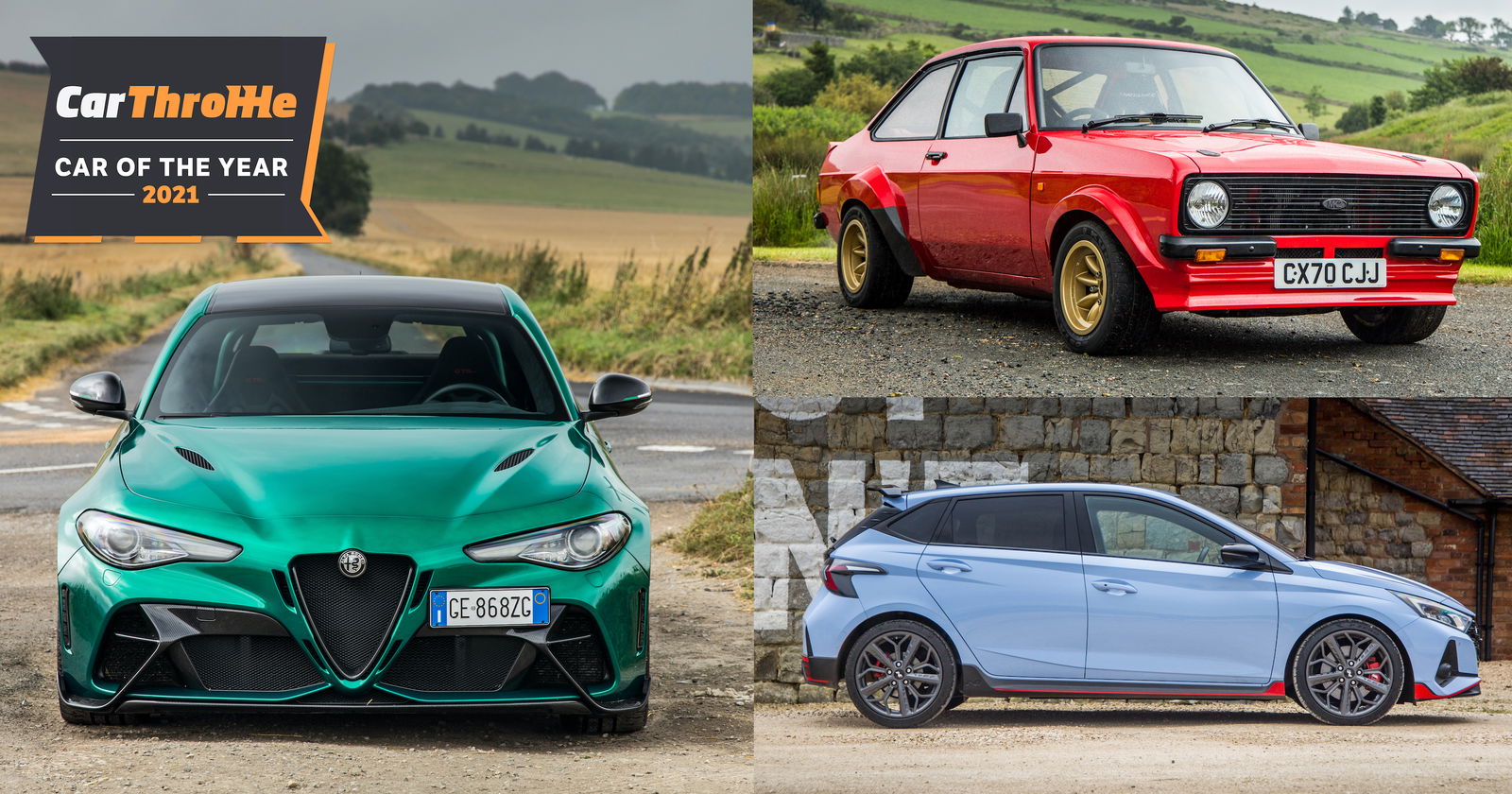
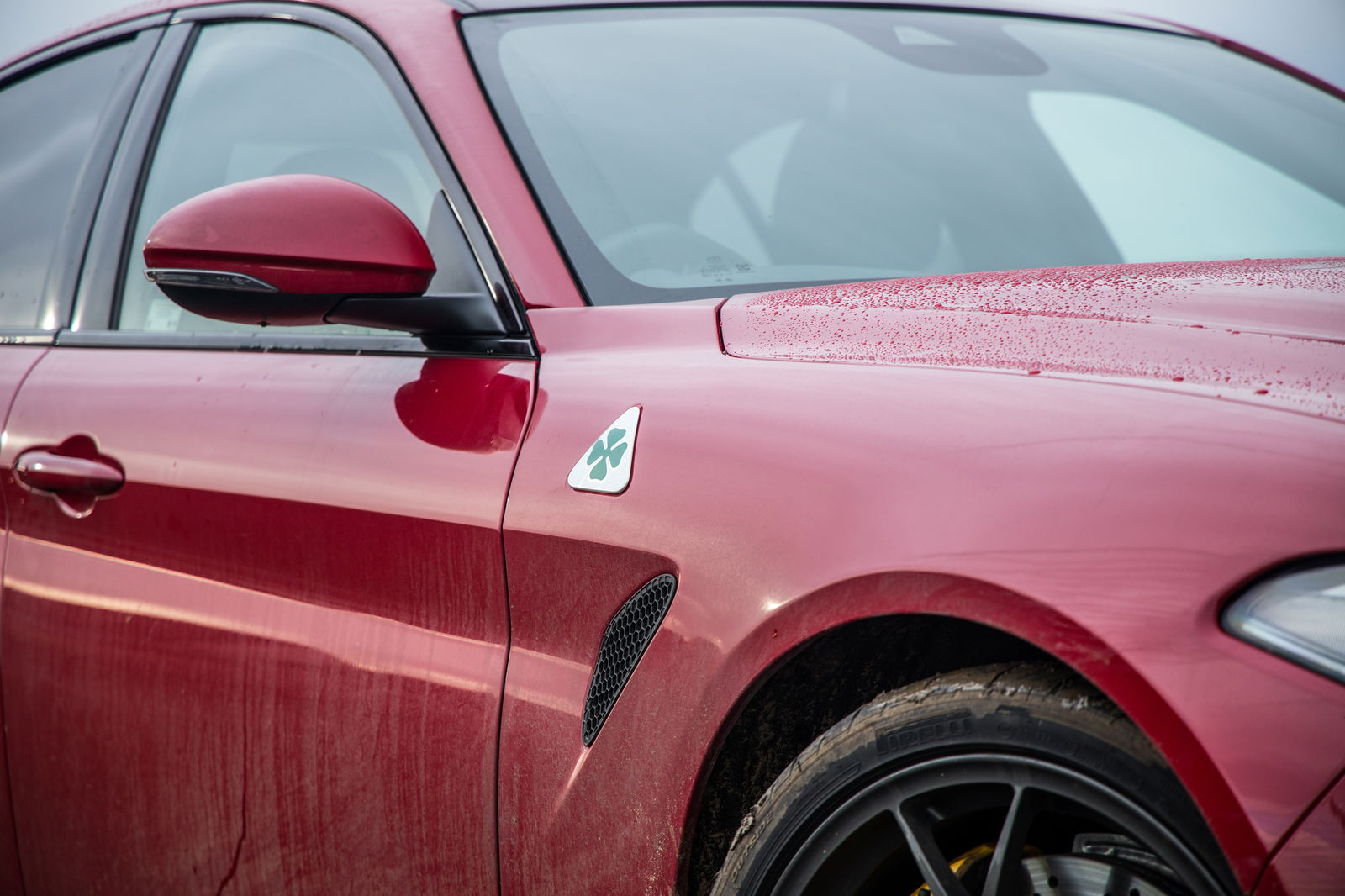






Comments